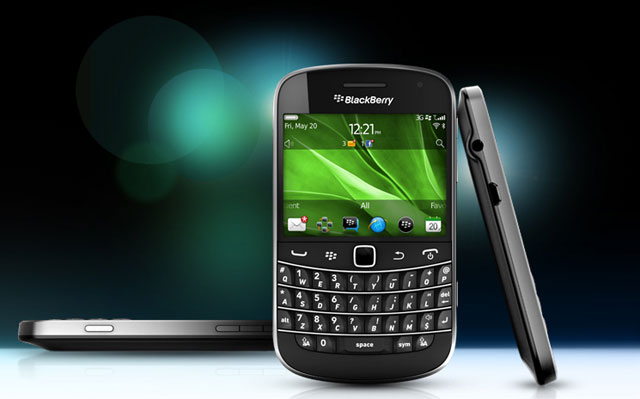
18 Apr Blackberry still offers most secure OS for the enterprise
While the Blackberry may have lost its popularity as the all in one communication device for busy execs and salespeople, it still reigns supreme as the most secure mobile OS for the enterprise.
Raimund Genes, CTO of Trend Micro, said: “Against the growing, unstoppable backdrop of consumerisation and BYOD, every mobile device is a risk to business. What is interesting in these results is that, whilst some mobile platforms have evolved very noticeably along enterprise lines, there is still a strong ‘consumer marketing’ legacy in some quarters and this is negating some of the progress made on the enterprise front. Indeed, some of the attributes we have examined in the report are still firmly ‘enterprise-unready’.”
Nigel Stanley, practice leader – security at Bloor Research, said: “Security people I work with are scared witless by consumerisation and the rapid adoption of these devices. Aside from the technical challenges, organisations need to understand the importance of a decent mobile device security policy and supporting user education.”
According to Trend Micro’s survey, Blackberry 7.0 OS scored higher than Apple iOS5, Windows Phone 7.5 and Android 2.3 in a study done by the security firm on the ability of these mobile platforms to meet the demands of use in the enterprise.
The factors each platform were scored on consisted of built-in security, application security, authentication, device wipe, device firewall and virtualisation. The study revealed that Blackberry had the highest average score (2.89), followed by iOS (1.7), Windows Phone (16.1) and Android (1.37). The results were attributed by Trend Micro to the corporate-grade security and manageability of Blackberry OS, which are important for those carrying and using company data on their phones or tablets daily. The reason for a higher rating than Apple iOS was also due to the total control afforded to administrators over the device through the Blackberry Enterprise Server (BES).
It’s not all bad news for the other platforms though. The report also praised the sandboxing of the iOS application architecture in addition to the absence of an option for adding removable storage.
Windows Phone 7.5 was recognised for its “reasonably robust and secure” smartphone operating system, which uses priviledges and isolation techniques to create sandbox processes based on a policy system that defines which features the processes operating in a chamber can access.
Android 2.3 uses a privilege-separated operating system and applications can’t access the network without prior consent. Apps run in their individual sandboxed environment, and permissions are granted by the user on a per-app basis. The report states that while this theoretically more secure than the iOS common sandbox, it ultimately leaves each user in charge of their own security rather than the operating system. The reason Trend Micro used Android 2.3 and not the more recent Android 4.0, is that 2.3 is currently more widely deployed on new and existing devices than 4.0.
Despite the low score for Android, it seems that the majority of IT professionals recommend Android smartphones to users. In a survey conducted by TechRepublic, 50% of IT professionals recommend Android smartphones compared to 32% for the iPhone, 13% for Windows Phones and just 5% for Blackberry. The survey attributes this to the open and highly customisable nature of devices running Android OS, which usually appeals more to Techies. Whether these features are useful or required by end users who may not be so tech savvy is another issue entirely.
While the use of blackberry devices in the enterprise has dropped significantly in favour of iOS andAndroid devices, it is clear that Blackberry OS is still the only operating system created with business truly in mind.

